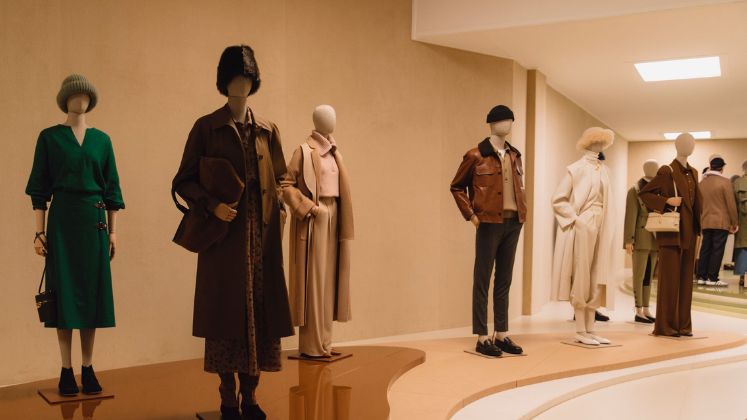
An Italian court has put the luxury Italian cashmere company Loro Piana, owned by LVMH, under judicial administration for a year after claims of exploitation of workers in its supply chain—adding to an expanding scandal undermining Italy’s luxury fashion sector reputation.
Based on a 26-page court judgment, Loro Piana is the fifth fashion house since 2023 to be subject to such legal action by the court. Other brands subject to administration include Valentino, LVMH-owned Dior, Giorgio Armani, and Italian leather accessories producer Alviero Martini.
The court held that Loro Piana subcontracted apparel manufacturing through two intermediary shell companies to Chinese-owned workshops in Italy where abusive labour was said to have taken place. The workshops were said to hire illegal workers and work under exploitative conditions.
The ruling also held Loro Piana “culpably failed” to properly monitor its supply chain in an attempt to maximise profits. The company itself is not a target of criminal investigation, but prosecutors are investigating the owners of the contracting and subcontracting companies for exploitation of labour and the employment of unauthorised labour.
The court acted in response by appointing an external administrator who should implement effective monitoring mechanisms and align Loro Piana’s activities with the law and ethical requirements. The vigil could be removed prematurely if the brand proves to have meaningful changes—the pattern in instances against Dior, Armani, and Alviero Martini.
Judges emphasised that even though there has been rampant media coverage of labour exploitation in Italian fashion production, the “chain of production led by Loro Piana continued undeterred to function.” The ruling also condemned the brand’s complacency even after Italy’s fashion sector, in conjunction with government and legal agencies, signed an agreement in May agreeing to clamp down on the exploitation of workers.
LVMH acquired an 80% stake in Loro Piana in 2013, with the founding Italian family retaining the remainder. The case further highlights systemic issues within Italy’s fragmented luxury supply chain—where thousands of small-scale manufacturers are estimated to produce over half of the world’s high-end fashion goods, according to consultancy Bain & Company.
Italian prosecutors have said the evidence is representative of a “generalised and entrenched model of production” throughout the industry—putting increased pressure on international fashion brands to become more accountable for worker conditions in their extended supply chains.






